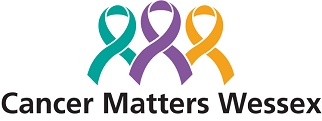When you are diagnosed with cancer, your consultant will speak to you about staging and grading.
Staging
This describes the location of the tumour and whether it has spread to other parts of the body.
Grading
Your cancer will be graded by assessing how aggressive the cells look under a microscope. This will give an idea of how quickly your cancer could grow or spread and will assist with choosing the best treatment choices for you.
You can find more information about staging and grading on the Macmillan website. This includes some of the words your consultant might use to describe your cancer, and what they mean.
Macmillan Cancer Support – Staging and Grading
If you need to have further tests your cancer care team will discuss the next steps with you. If you have any concerns or questions, please contact your cancer care team.





